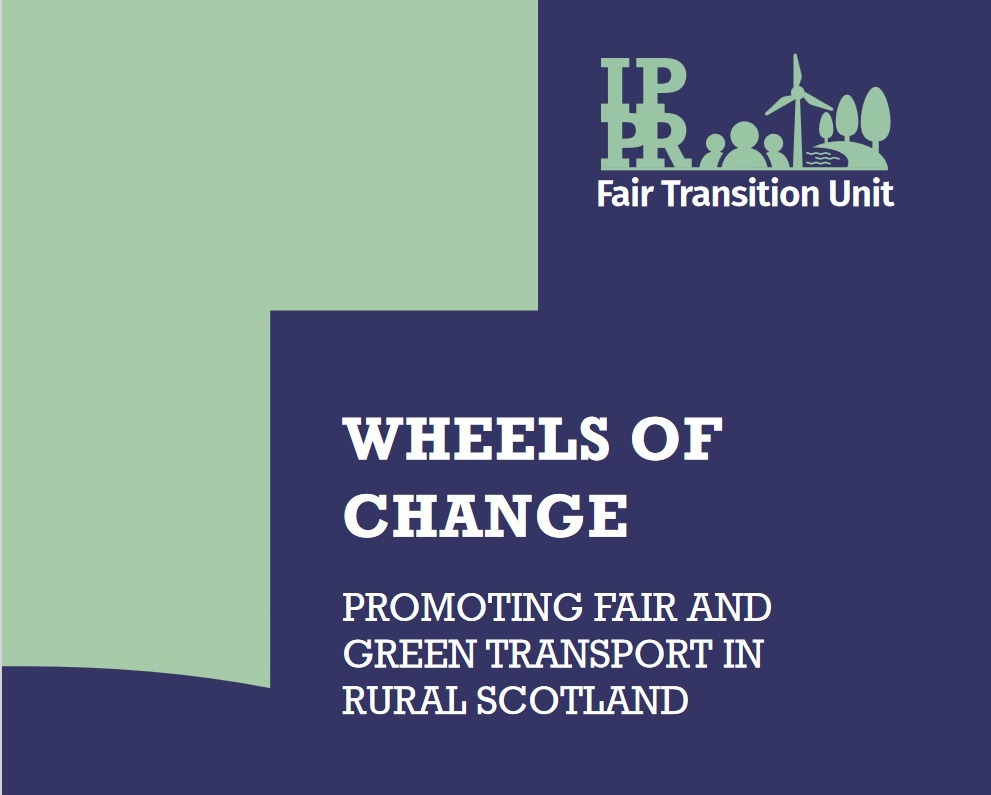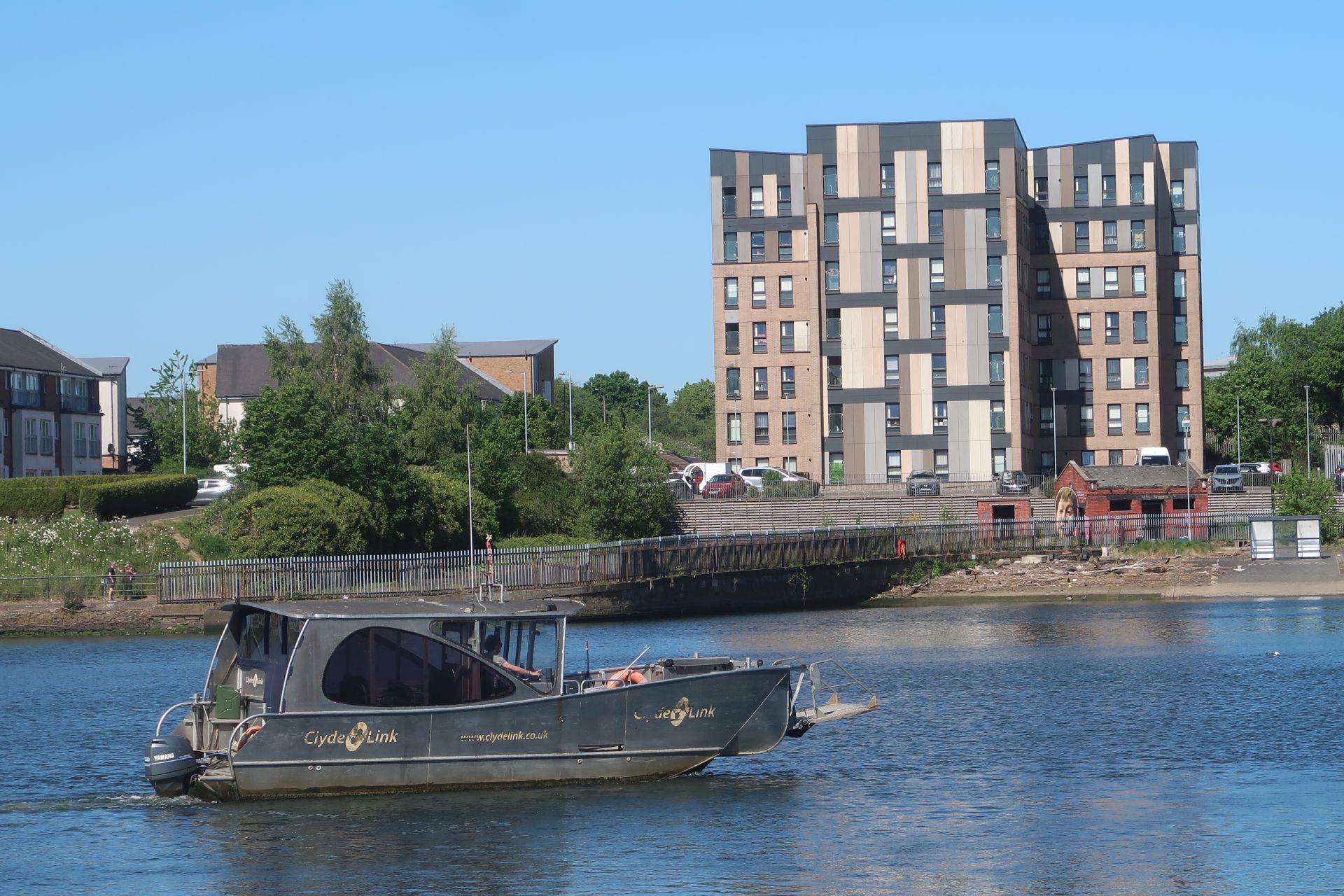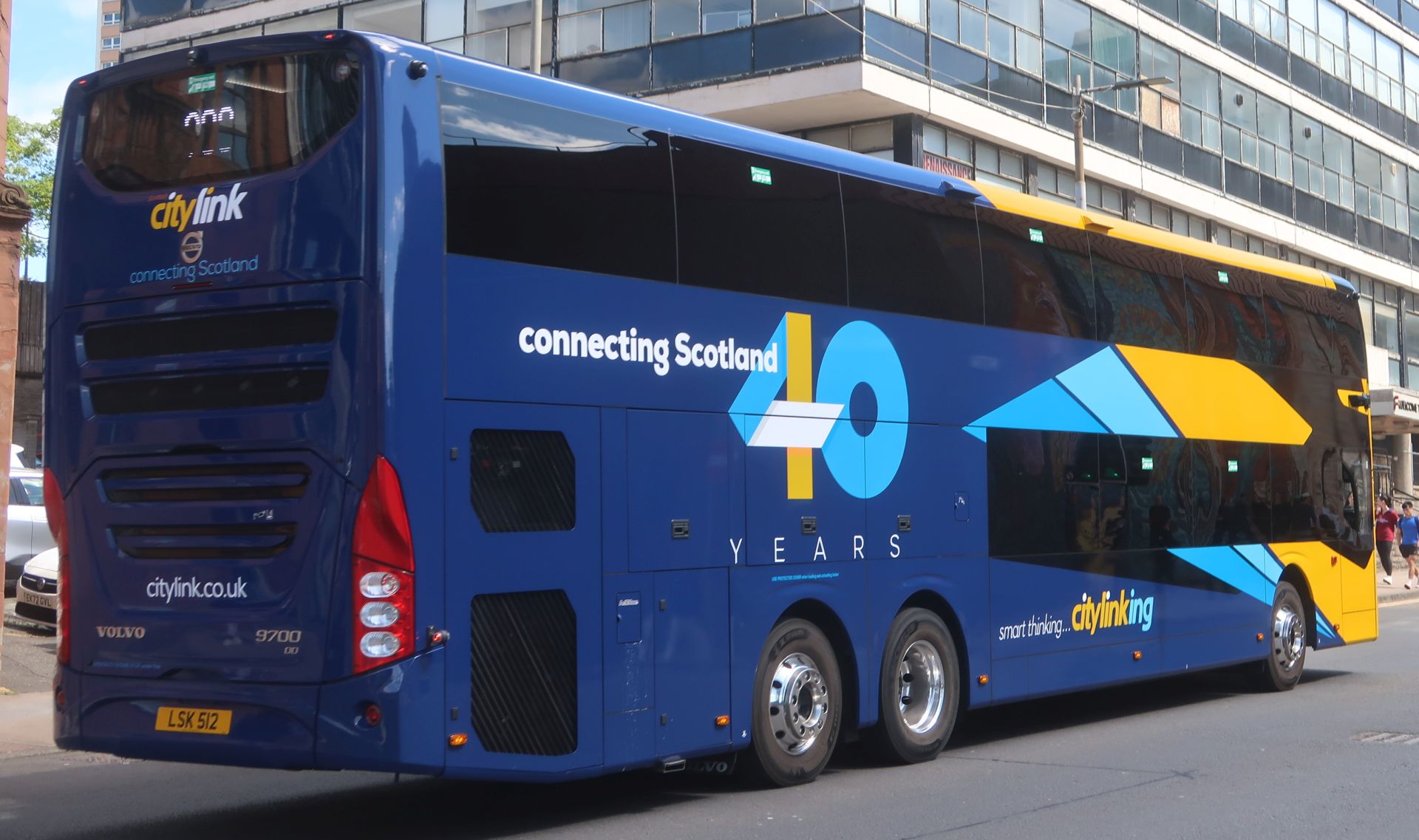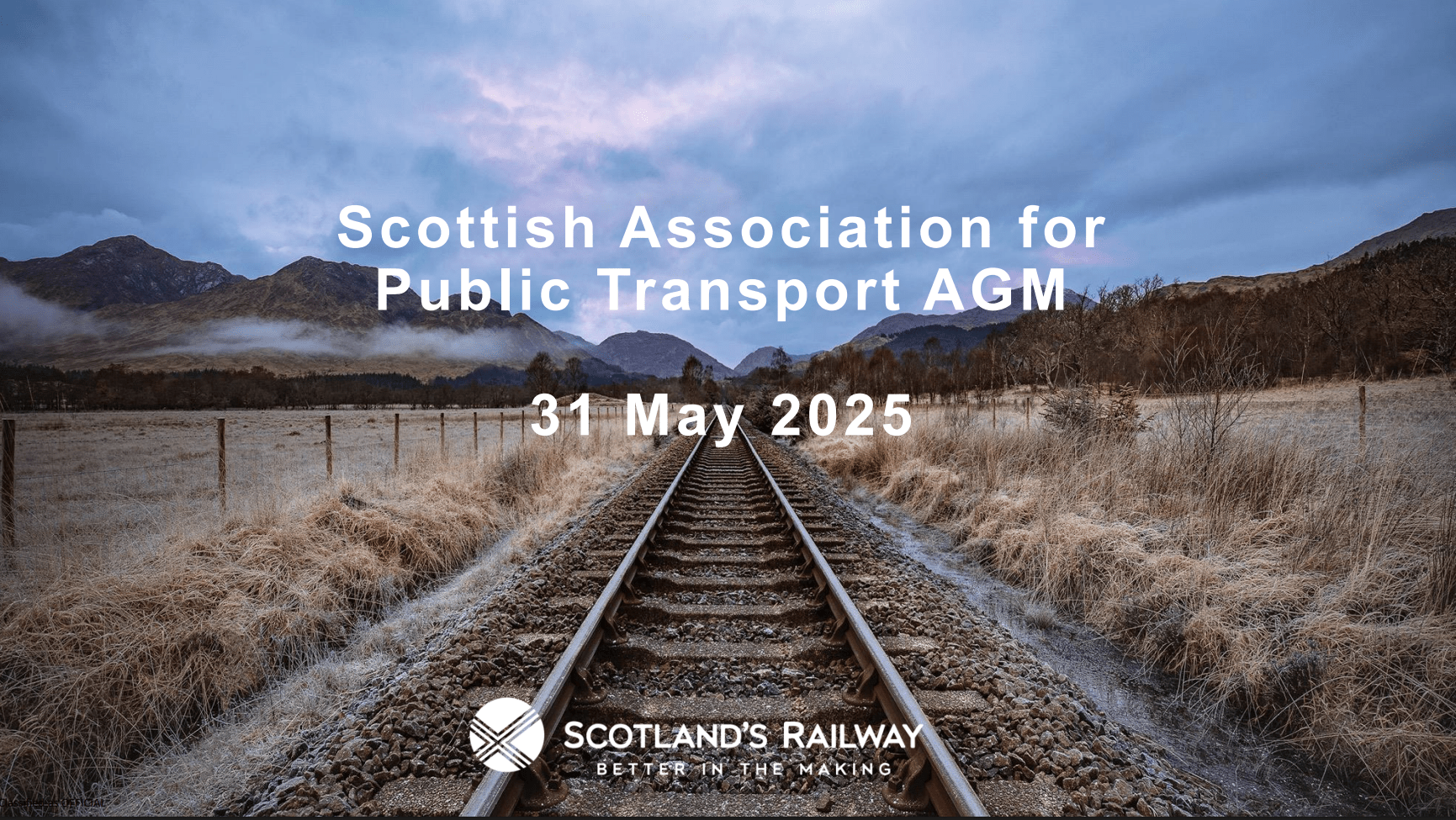During the Challenge Poverty Week in October, the Poverty Alliance were calling for improvements in the affordability, accessibility and reliability of public transport so all of us have the same freedoms to access essential services, employment and leisure.
Rural Scots, particularly those living on low incomes, feel let down by public transport as poor bus provision leaves them stranded or reliant on cars.
Car use in Scotland has continued to grow, while bus miles have declined by 27 per cent since 2010, a new report by the Institute for Public Policy Research (IPPR) shows.
Extensive interviews with people impacted by the lack of public transport and access to services in rural areas have revealed that those on low incomes are now facing heightened difficulties exacerbated by the cost-of-living crisis. The report finds:
- People are squeezed between increasing costs to run a car and high bus fares.
- A lack of coordination between privately-run bus companies and local public services means that despite free bus travel for young people, some are left waiting 45 minutes for a bus to get home from school.
- The high costs of living in rural areas are forcing some people to consider moving to urban areas.
Since 2015, transport has consistently been the largest emitter of greenhouse gases in Scotland, with emissions remaining relatively stable over the past three decades, unlike those from energy supply. Cars are responsible for 54 per cent of these emissions. In 2021, transport constituted 26 per cent of Scotland’s total emissions.
While people understand the need to act on climate change by reducing car use, they feel limited in the options available to them. For years, rural communities in Scotland have faced transport challenges such as insufficient service access, limited travel options, and commercial hurdles for operators in remote and thinly populated areas. Consequently, people in rural Scotland are often left with no choice but to fall back on private vehicles.
Declining bus provision in Scotland makes it hard for the Scottish government to meet its commitment to reduce car miles by 20 per cent by 2030, relative to a 2019 baseline. While bus miles have decreased by 27 per cent, the total distance travelled by passengers has dropped precipitously by 44 per cent.
The IPPR report shows that enhancing access to public or active transportation and ensuring universal access to essential services should extend beyond urban dwellers to encompass rural communities.
Decarbonising the transport system presents an opportunity to improve it for everyone. IPPR urges the Scottish government to promptly address issues in rural communities to alleviate burdens on residents and decrease carbon emissions.
The report makes the following recommendations:
- The Scottish government, with Transport Scotland, must devise a clear plan to cut transport emissions and car usage by 2030 and beyond, focusing on rural areas.
- Anchor towns and communities should be designated, funded and supported as hubs for public services and transportation for rural people, so that they can live well locally and make trips using multiple modes of transportation.
- Rural residents must be enabled to actively participate in transport decisions, with regional authorities ensuring that deliberative processes involve people from a wide range of backgrounds, including young people, those living on low incomes, those from minority backgrounds and those living with disabilities.
The IPPR paper, ‘Wheels of Change’ by Maya Singer Hobbs, June 2024, is available for download at: http://www.ippr.org/articles/wheels-of-change




